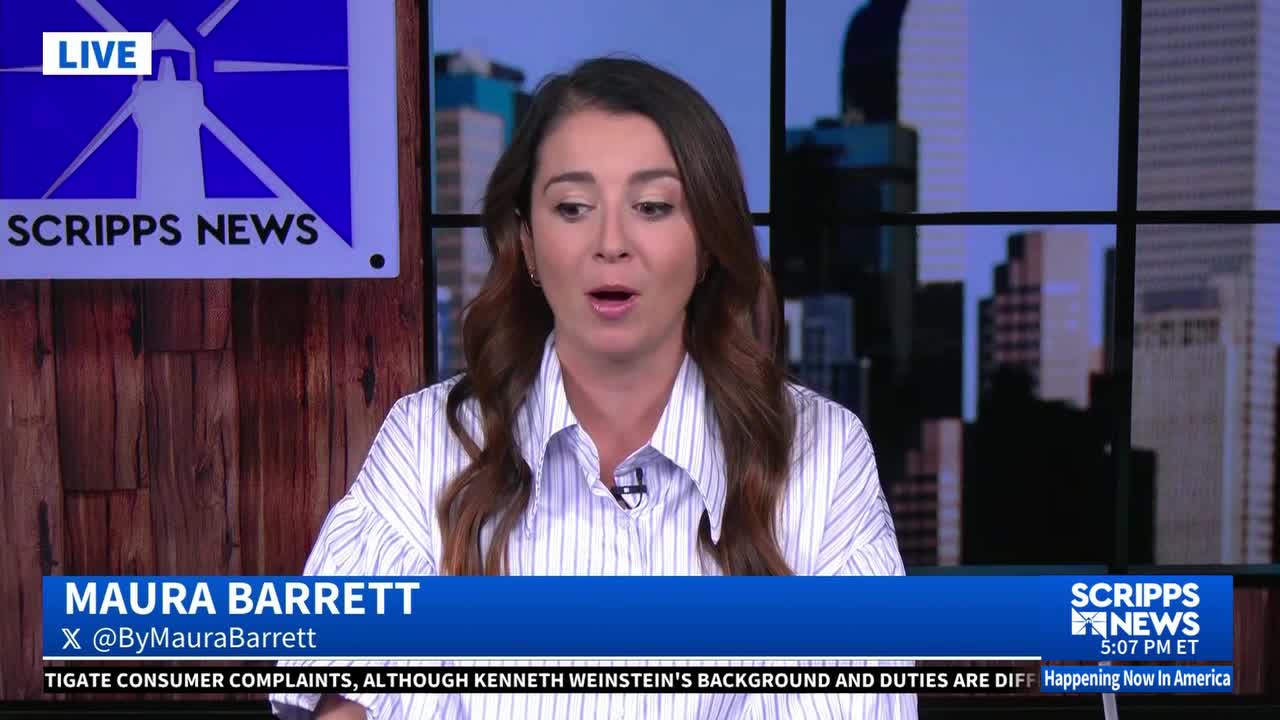Facebook owner Meta came under sharp scrutiny Tuesday as whistleblowers testified before the Senate Judiciary Subcommittee on Privacy, Technology and the Law, accusing the company of covering up internal research showing children were being groomed, harassed, and assaulted inside its virtual reality platforms.
Both whistleblowers described a pattern of suppression, in a culture where researchers were monitored by lawyers, reports were edited or destroyed, and safety studies were sidelined in favor of boosting user engagement. Cayce Savage, who specialized in youth safety, said she was explicitly told not to study what kinds of harm children were experiencing, while Jason Sattizahn, a former Meta researcher, recalled being ordered to erase evidence of children in Germany being solicited for sex acts on Meta’s VR platform.
Sattizahn, who spent six years inside the company, told lawmakers that “it is evident that Meta consistently chooses profit over safety for its users.” He described internal studies showing that nearly half of VR users reported harm in just three weeks of use ranging from harassment to sexual assault, with women disproportionately affected.
Sattizahn went on to describe what he called a “funnel manipulation” put on research via legal surveillance. He detailed that Meta lawyers had access to edit researchers’ reports and the ability to limit topics, questions and methods used to collect data.
“You might have legal actually watching data you collect, and you are told to erase it proactively if they believe it is too sensitive,” Sattizahn told the committee.
Savage said Meta ignored or blocked efforts to investigate the harms children faced in VR. “Meta is aware that its VR platform is full of children. Meta purposely turns a blind eye to the solution, despite it being obvious to anyone using their products,” she testified. “Most importantly, Meta is aware that these children are being harmed in VR. It is not uncommon for children in VR to experience bullying, sexual assault, solicited for nude photographs and sexual acts by pedophiles”.
Meta rejects the accusations.
“The claims at the heart of this hearing are nonsense; they’re based on selectively leaked internal documents that were picked specifically to craft a false narrative,” a Meta spokesperson said in a statement to Scripps News.
The company has pointed to more than 180 safety studies and new parental control features as evidence of its commitment to child safety. One of those features includes a requirement for users to disclose their age, as there are specific accounts for pre-teens aged 10-12, and for 13 years old and up – though the whistleblowers acknowledge not all users self-report their age honestly.
RELATED STORY | Senators slam Meta over AI rules reportedly allowing ‘romantic’ chats with kids
Lawmakers are signaling they aren’t convinced Meta is making a good faith effort at issuing protections.
“It’s abundantly clear to me that it is time to allow parents and victims to sue this company,” Sen. Josh Hawley (R-MO) told the researchers. “They have got to be able to get into court and to get in front of a jury and hold [Meta] accountable. And that begins with Mark Zuckerberg.”
And last week, Senators Chuck Grassley, Marsha Blackburn, and Josh Hawley pressed Meta to turn over records on its youth research, citing evidence that the company studied emotional targeting of teens and failed to protect children in its Horizon Worlds VR platform.
Today’s testimony could add momentum for legislation aimed at regulating virtual reality and child safety in tech. Sattizahn urged lawmakers to act: “Meta is incapable of change without being forced by Congress.” Savage echoed that call, saying Meta “cares more about the bottom line than the emotional or physical safety of the children who use its products every day.”




